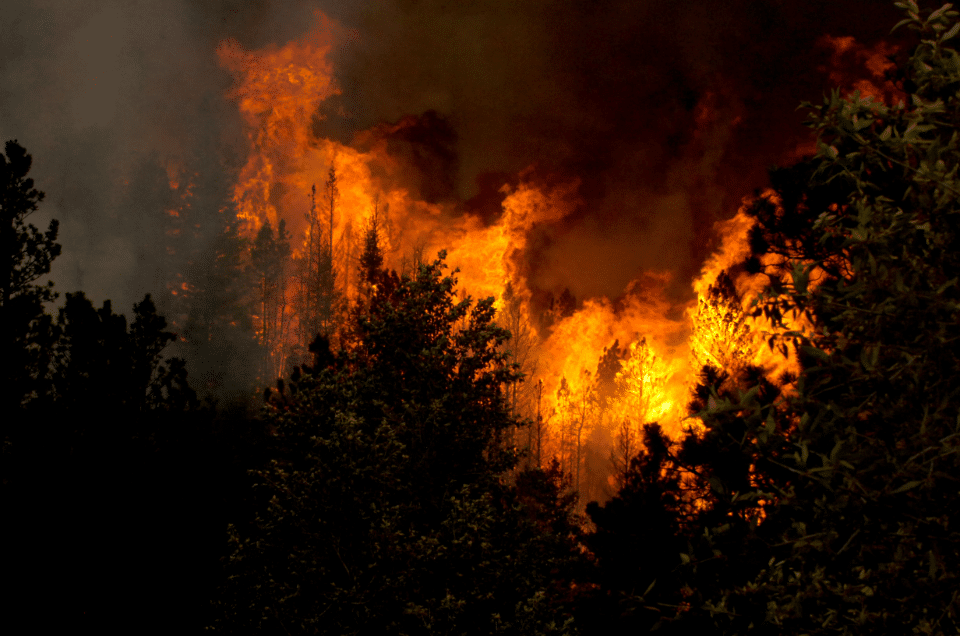The Pipeline and Hazardous Materials Safety Administration’s (PHMSA) proposed rule to reduce methane emissions from gas pipelines marks a critical step toward protecting public health, safety, and taxpayers. It should be finalized. By strengthening leak detection and repair requirements across the nation’s vast gas pipeline infrastructure, this rule would save millions of dollars in wasted natural gas while addressing critical public safety, air, water, and climate concerns.
Methane leaks from oil and gas operations, including pipelines, represent a dual threat. First, these leaks squander a valuable energy resource that could have been brought to market and made available to consumers. Second, they create harmful pollution and increase climate impacts, with methane being over 25 times more potent than carbon dioxide in trapping heat over a 100-year period.
The proposed rule, published May 2023, addresses this problem by mandating the use of advanced leak detection technologies and timely repairs. Current federal leak detection and repair standards for pipelines have remained largely unchanged since the 1970s, despite significant improvements in technology. These outdated regulations only explicitly require the repair of “hazardous” leaks and do not prescribe specific timeframes for such repairs. In contrast, the proposed rule would impose more frequent monitoring requirements, require the use of up-to-date leak detection technology, and mandate the timely repair of all detected leaks.
Additionally, the proposed rule also targets the intentional release of methane. Venting, the intentional release of methane, accounts for a large portion of total methane emissions from natural gas pipelines. While some intentional releases may be necessary for maintenance or emergency safety concerns, the rule would require operators to implement mitigation measures to minimize methane emissions.
By reducing both unintentional (fugitive) emissions and intentional releases during maintenance activities, PHMSA estimates that methane emissions could be cut by up to 72% in some pipeline segments. This not only helps mitigate climate impacts but also ensures that more natural gas reaches consumers instead of escaping into the atmosphere.
This rule also promotes accountability among pipeline operators by expanding reporting requirements for large-volume releases. Greater transparency ensures that companies are held responsible for managing leaks effectively. For too long, outdated regulations have allowed operators to ignore long-term harm caused by leaks that do not pose immediate safety risks. By requiring operators to repair all leaks—whether initially deemed hazardous or not—this rule ensures that longer term public health and environmental costs are no longer left for taxpayers to cover.
Wasted natural gas is wasted money. Every cubic foot of methane that escapes from pipelines represents lost product that could have been sold or used to generate revenue. By modernizing leak detection standards and mandating repairs, PHMSA’s rule will reduce these losses significantly. The agency estimates the proposed rule would prevent the loss of $816 million to $1.8 billion worth of natural gas over the next decade (2025-2034).
Moreover, reducing methane emissions aligns with the Methane Emissions Reduction Action Plan, which seeks to enhance energy efficiency across the oil and gas sector. Greater efficiency means cost savings for operators, who can recover more product for sale, helping consumers by bringing more domestic natural gas to market and protecting taxpayers from the long-term liabilities associated with methane emissions—a clear win-win.
Beyond financial savings, the rule helps address the risks faced by low-income and underserved communities near pipeline infrastructure. These communities often bear the brunt of pollution from methane leaks and other emissions. PHMSA’s proposed methane leak rule modernizes outdated regulations, reduces wasteful methane emissions, saves taxpayer dollars by increasing efficiency, and enhances public safety. We applaud this effort as a critical step toward ensuring that our nation’s resources are managed responsibly and sustainably.











Get Social